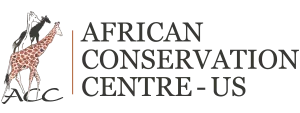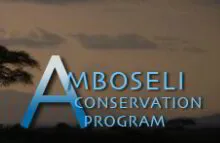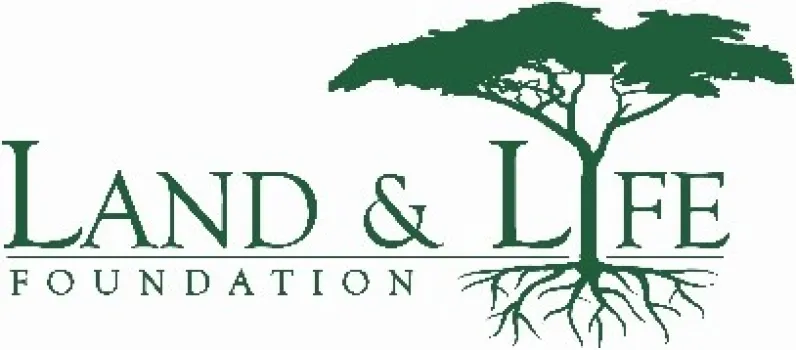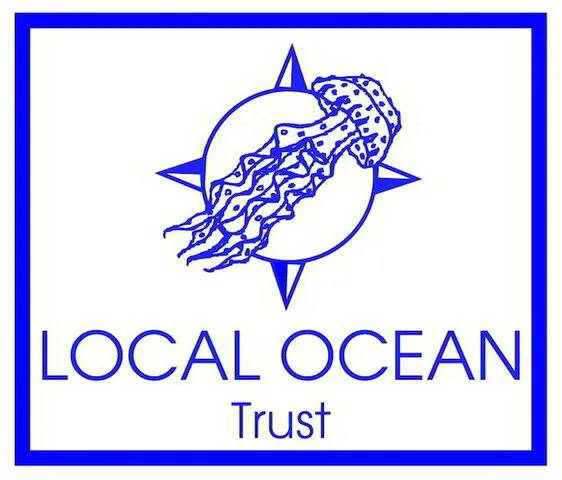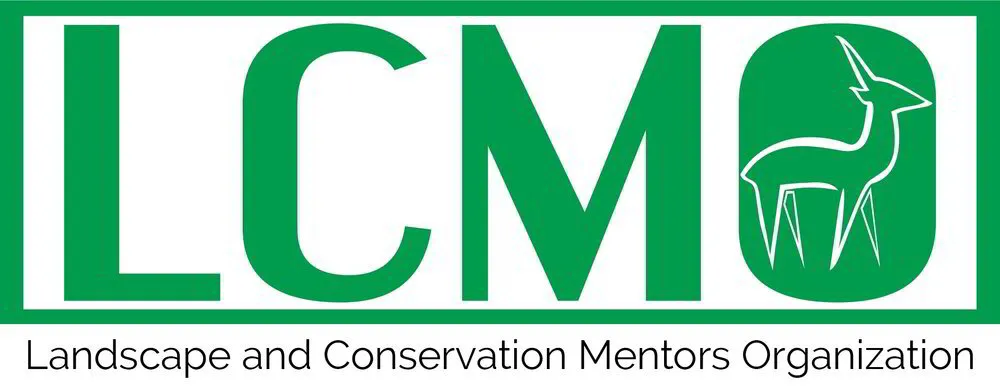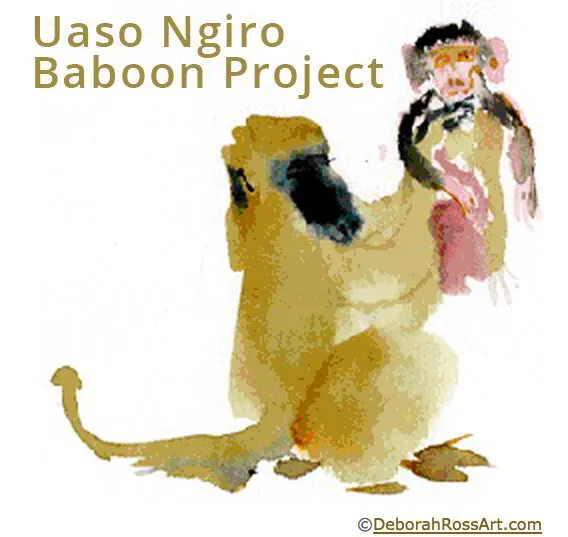Partners in Conservation
The Amboseli Conservation Programme (ACP) conducts long term ecological monitoring and sound science for the conservation of the Greater Amboseli Ecosystem. Established in 1967 by Dr. David Western, ACP continues to work with local communities and research and conservation partners to enhance our understanding of the interactions between pastoralism and wildlife to sustain the integrity of the Amboseli ecosystem. The ACP team has an active research programme including long term habitat monitoring, wildlife counts, assessment of land-use and settlement patterns, and climate change. ACP is dedicated to applying the results of this work to the betterment of conservation nationally and internationally. It’s goals include:
- Conduct research on African ecosystems;
- Develop tools for identifying the threats to biodiversity;
- Develop conservation policies and practices that benefit local communities;
- Build local and national consensus and capacity for conservation;
- Promote sound environmental governance and practices; and
- Forge national and international collaboration for conserving biodiversity.
Land & Life Foundation envisions a sustainable future where communities and wildlife thrive together across conservation areas, safeguarding nature for the next generation. It strongly believes that the sustainability of East Africa’s wildlife and habitats depends on four key actions:
- Securing land for conservation
- Protecting species and their environment
- Providing tangible benefits to the people who live alongside wildlife
- Educating the next generation of conservationists.
Land & Life Foundation focuses on four types of programs for communities living alongside wildlife across Kenya and Tanzania: Wildlife Warrior Program, Nature Conservation, Medical Support and School Support.
Local Ocean Trust is a private, not for profit organisation committed to the protection of Kenya’s marine environment. They use practical conservation, community involvement and development, education, research and campaigning to promote the sustainable use of Kenya’s marine resources.
Watamu Turtle Watch is Local Ocean Trust’s flagship programme. It was started by local residents in 1997 to protect nesting sea turtles. Now it consists of the Nest Monitoring and Protection programme, ByCatch Release Programme, and specialist Rehabilitation Centre for sick and injured sea turtles. The combination of these programmes enables Local Ocean Trust to make a real difference in ensuring the future of endangered sea turtles.
The Landscape And Conservation Mentors Organization (LCMO) is a grassroots environmental nonprofit organization operating in remote landscapes adjacent to protected areas in Western Tanzania. They focus on promoting, supporting, and improving community livelihoods, sustainable environmental practices, wildlife conservation, and development in rural areas surrounding these protected areas.
LCMO uses multiple approaches to garner the participation of local community members and strengthen their commitment to address conservation issues in the region. These issues include human wildlife conflicts, poaching, habitat degradation, and impacts from climate change. All of which contribute to biodiversity loss in a landscape that is currently underserved by conservation NGOs, but faces an uncontrolled influx of agro-pastoral Sukumas and livestock settling around remote areas adjacent to the reserves. These reserves are of national and international importance for their biodiversity.
LCMO’s work is based in the Mpimbwe district, adjacent to Katavi National Park, and they have recently expanded their reach to include the Rukwa-Katavi-Mahale-Ugalla ecosystems in Western Tanzania.
South Rift Association of Land Owners (SORALO) is a community-based and community-driven land trust established in 2004 to unite 16 Maasai communities in the management and security of their landscape of the South Rift, in Kenya. SORALO’s primary role is to ensure the integrity of this landscape for the benefit of its people and wildlife. They work to help communities in this landscape secure rights to their land, develop management systems to keep the landscape healthy and intact, and create economic opportunities. They continue to develop innovative local conservation models that promote coexistence of people and wildlife, cultural and ecological conservation, and community empowerment.
One of SORALO’s flagship programmes is Rebuilding the Pride which aims to increase lion and other carnivore numbers across the South Rift area of Kenya. Established in 2010, this program focuses on reducing human-wildlife conflict, preventing range fragmentation and maintaining healthy prey numbers.
Rebuilding the Pride explores the basis of traditional practices among pastoralists that allow herders to coexist with wildlife and minimize conflict with predators. The lion serves as a signature species for conserving other large carnivores, including wild dogs, cheetah, leopards and striped and spotted hyenas. Rebuilding the Pride also refers to the pride communities themselves take in conserving wildlife!
The Uaso Ngiro Baboon Project (UNBP)—formerly the Gilgil Baboon Project—is located on the Eastern Laikipia Plateau between the Mukogodo Forest and Mt. Kenya. Its research focuses on the socio-ecology and cognition of wild baboons as they make the transition to the modern context of human dominated ecosystems. Dr. Shirley C. Strum (Professor of Anthropology, University of California, San Diego), the Director, began her baboon research in 1972.
UNBP has been involved in Community Based Conservation (CBC) for 28 years. It was the first primate research project to use local research assistants. Today, trained para-behaviorists and para-ecologists carry out the majority of the research. The project has hosted graduate students and interns from the United States, UK, Europe, and Kenya.
